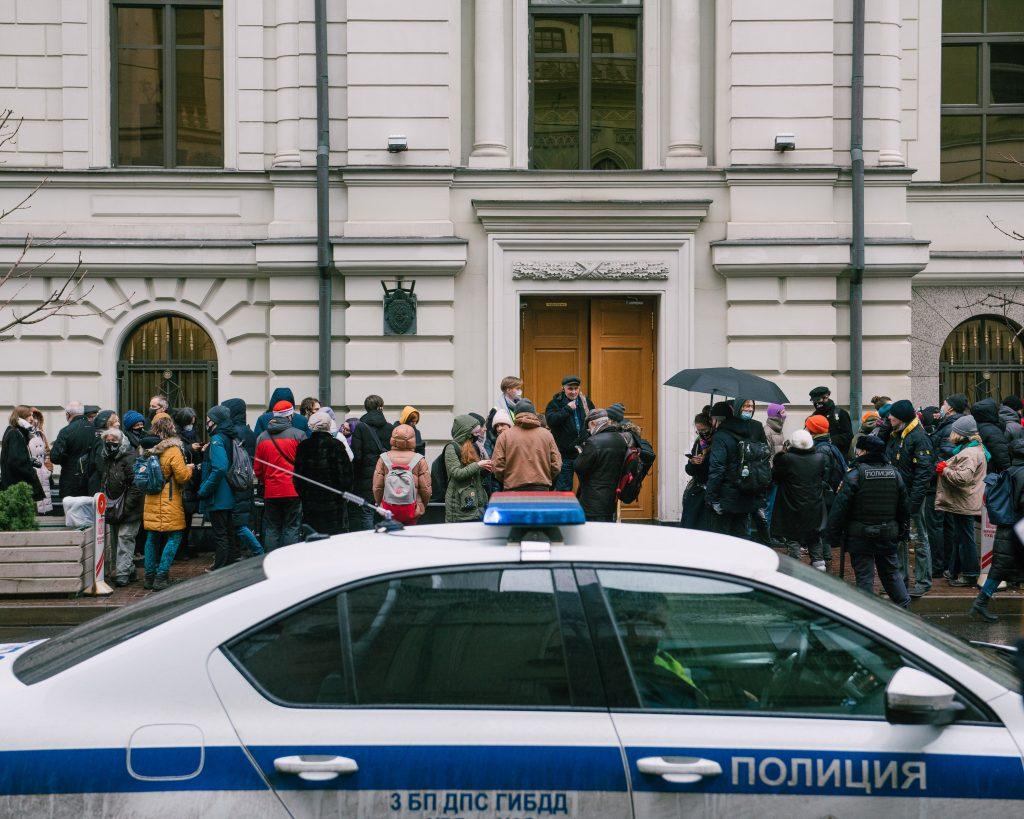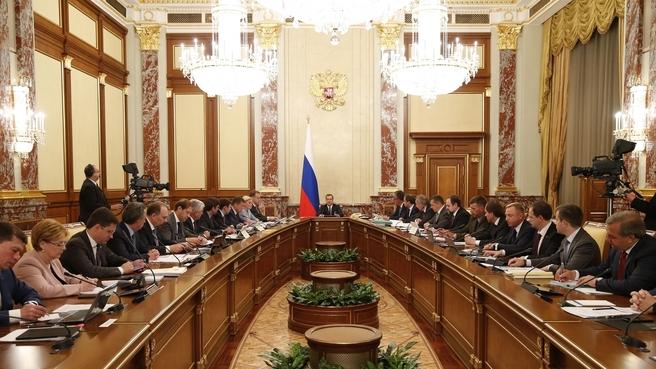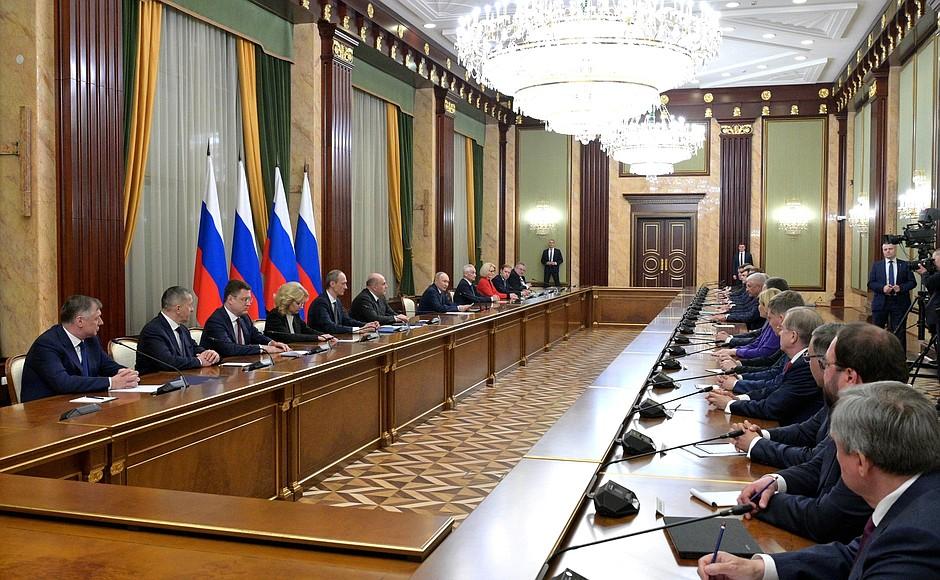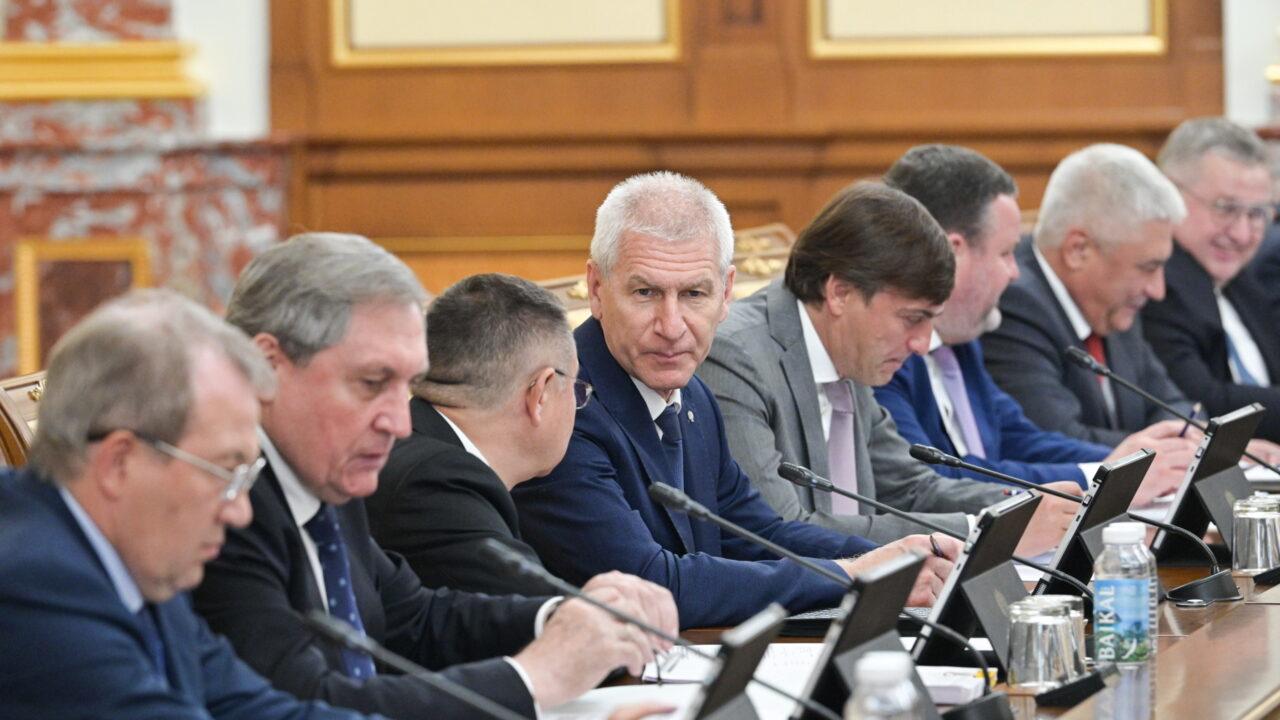Russian Shifts Strategy: Implications of Lifting the Terrorist Designation for the Taliban
The recent decision by Russian authorities to lift the terrorist designation for the Taliban marks a notable pivot in Moscow’s foreign policy approach towards Afghanistan. This shift reflects a growing recognition of the Taliban’s influence and control over the region post-U.S. withdrawal, and also a pragmatic assessment of the current geopolitical landscape. By re-evaluating their stance, Russian officials signal a willingness to engage with the Taliban for potential diplomatic and economic benefits. This move may encourage dialog on crucial issues such as security, counterterrorism, and regional stability, enabling Russia to leverage it’s position as a cornerstone player in Afghan affairs.
Moreover, the implications of this policy change extend beyond Russia’s immediate interests. The international community could see a ripple effect, prompting other nations to reconsider their own policies toward the Taliban. Key factors to watch include:
- Security Cooperation: Enhanced collaboration between Russia and the Taliban may lead to joint efforts in combating extremist groups active in the region.
- Economic Engagement: Lifting sanctions could open avenues for Russian investments in Afghanistan, especially in the energy and infrastructure sectors.
- Geopolitical Realignment: This decision could alter alliances, causing neighboring countries to reassess their strategies concerning Afghanistan.

analyzing Russia’s Relationship with the Taliban: A New Era of Diplomatic Engagement
The recent shift in Russia’s stance towards the Taliban marks a significant geopolitical realignment in Central and South Asian diplomacy. By considering the removal of the Taliban’s terrorist designation, Russian authorities are signaling a new willingness to engage with a group once deemed a pariah. This change reflects a broader strategy, rooted in the recognition of the Taliban’s control over Afghanistan and the urgent need to stabilize the region. Some of the implications of this diplomatic engagement include:
- Security Concerns: Russia is likely motivated by fears of instability emanating from Afghanistan, particularly regarding the potential for extremist groups to exploit the power vacuum.
- Economic interests: Engaging with the Taliban opens up avenues for economic cooperation, including investment and trade opportunities in the context of Afghanistan’s untapped resources.
- Geopolitical Influence: Strengthening ties with the Taliban could allow Russia to assert its influence in a region long dominated by U.S. foreign policy and interests.
Moreover, this engagement reflects a broader pattern in which countries reassess their diplomatic priorities, frequently enough in response to shifting power dynamics.As Moscow navigates relationships with various factions within Afghanistan, including the Taliban, it is indeed likely to focus on establishing a pragmatic dialogue aimed at ensuring both regional stability and national security. Analysts note that Russia’s approach may also set a precedent for other nations considering their diplomatic postures toward non-state actors, highlighting the evolving landscape of international relations.

Security Concerns: Assessing the Impact of the Decision on Regional Stability
The recent move by Russian authorities to lift the terrorist designation for the Taliban raises significant security concerns that may reverberate throughout the region. Analysts suggest that this decision could embolden the Taliban, allowing them to operate with greater freedom and legitimacy. The potential impact includes:
- Increased Recruitment: With reduced stigma, the Taliban may attract more recruits from neighboring countries, potentially destabilizing already fragile governments.
- Regional Arms Flow: An empowered Taliban could facilitate illicit arms trading, prompting an arms race among rival factions and states.
- Humanitarian Instability: the Taliban’s governance priorities may lead to escalated human rights abuses, prompting mass displacement and crises affecting neighboring nations.
moreover, this decision has the potential to shift alliances and provoke responses from regional powers concerned about a rise in militant activity. Countries such as Pakistan, Iran, and India, each with their unique stakes in Afghanistan, could recalibrate their strategies to counteract perceived threats. Key considerations include:
- Geopolitical Rivalries: Countries may alter their diplomatic ties and military support in response to the Taliban’s newfound standing, increasing tensions across South Asia.
- Counter-Terrorism Efforts: An increase in Taliban efficacy could hinder international counter-terrorism efforts, challenging existing frameworks and alliances in combatting extremism.
- Regional Economic Impact: Heightened instability could deter foreign investment and disrupt trade routes,significantly affecting local economies and broader regional trade.

Recommendations for International Response: Balancing Engagement and Accountability
As the landscape of international relations shifts with Russia’s potential move to engage with the Taliban, it is indeed imperative for global stakeholders to formulate a nuanced approach that recognizes the complexity of this advancement. This necessitates the establishment of a framework that prioritizes both engagement and accountability. Key strategies include:
- Developing multinational Dialogues: Encourage discussions among nations with vested interests in Afghanistan to foster a collective understanding and set shared objectives.
- Implementing Clear Guidelines: establish parameters that define acceptable engagement levels with the Taliban, ensuring that any form of recognition or support is contingent on adherence to human rights standards.
- Monitoring Compliance: Set up mechanisms for regular assessments of the Taliban’s actions, focusing on governance, security, and treatment of civilians, to ensure accountability remains a central pillar of international interaction.
Furthermore,as new alliances take shape,engaging in conditional diplomacy could provide a viable pathway. This would involve recognizing the Taliban’s role in regional stability while together holding them accountable for their commitments. Specific measures may include:
- Incentivizing Positive Behavior: Offer economic or humanitarian assistance tied to tangible improvements in rights practices and governance.
- Creating Exclusion Measures: clearly delineate the repercussions for non-compliance or regression in areas such as terrorism, human rights, and women’s rights, making it evident that engagement has limits.
- Strengthening Regional Cooperation: Collaborate with neighboring countries to ensure that any changes in the Taliban’s status do not destabilize the broader region.
